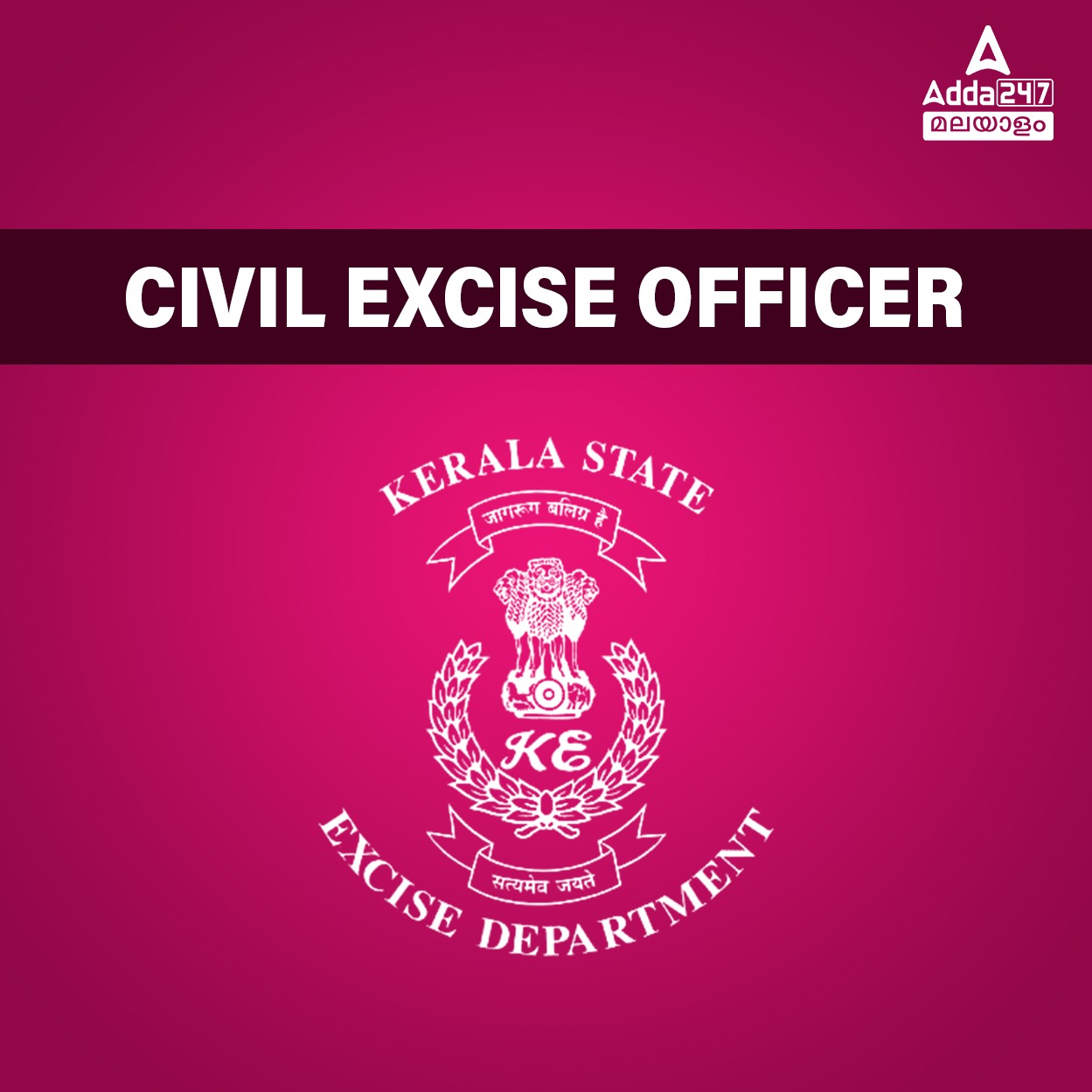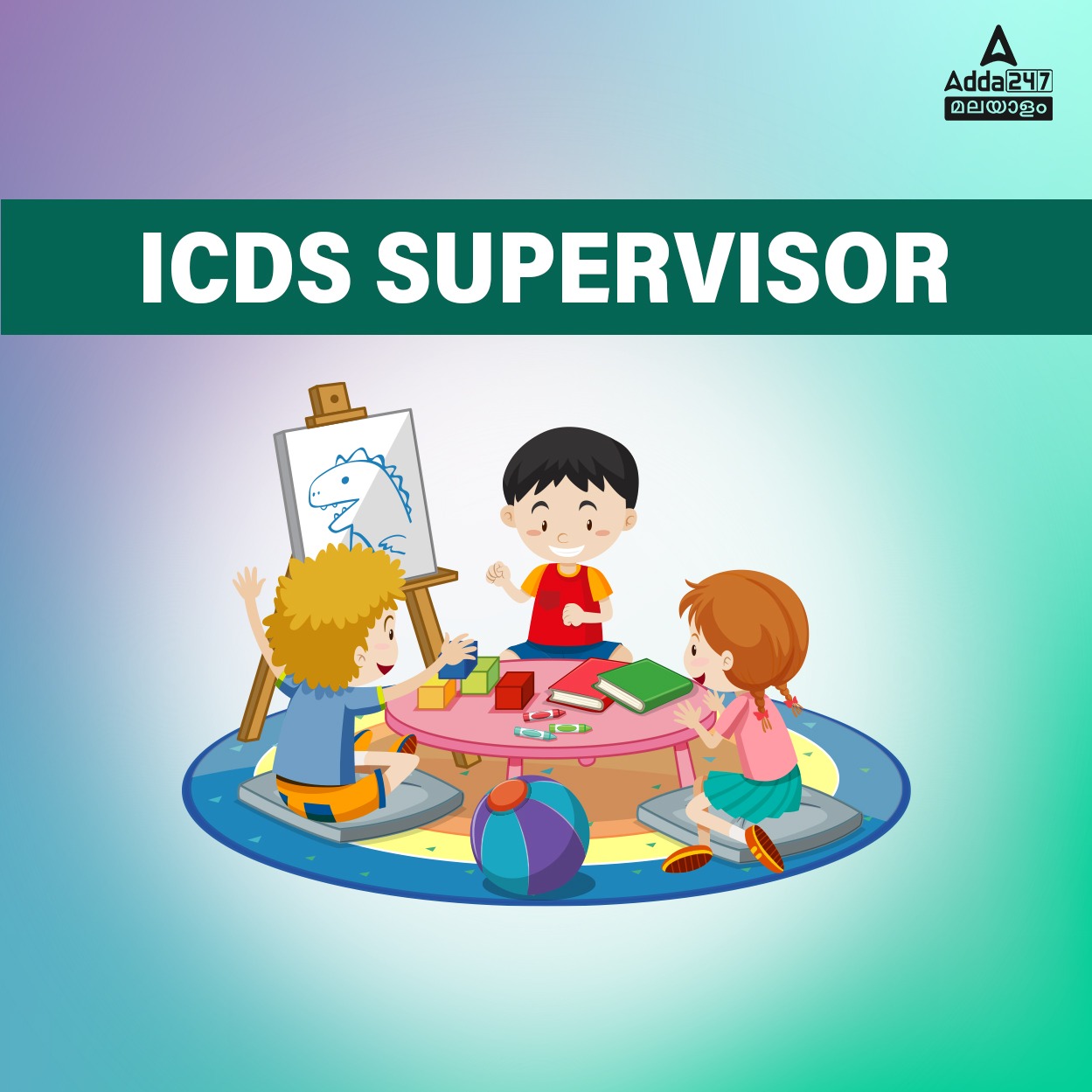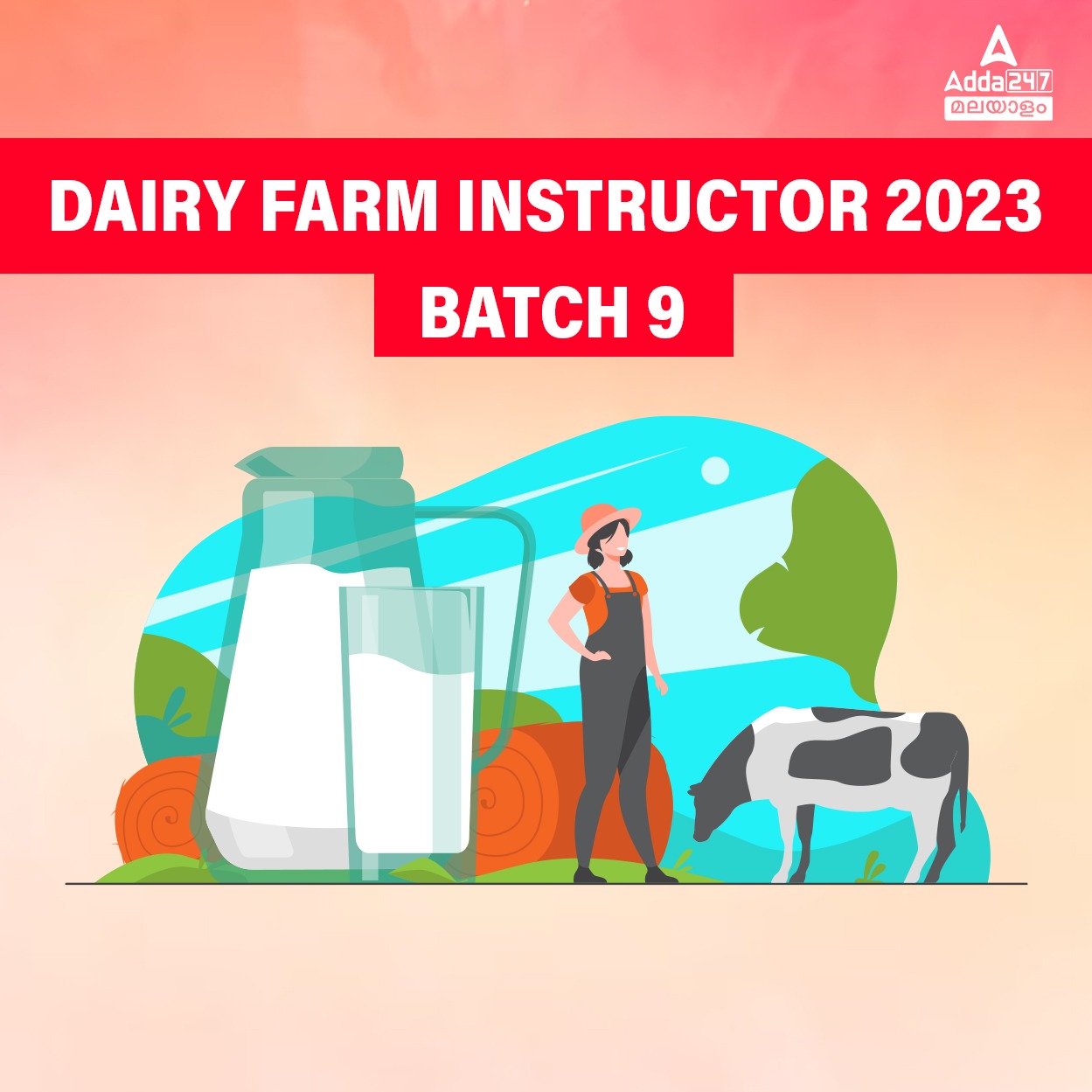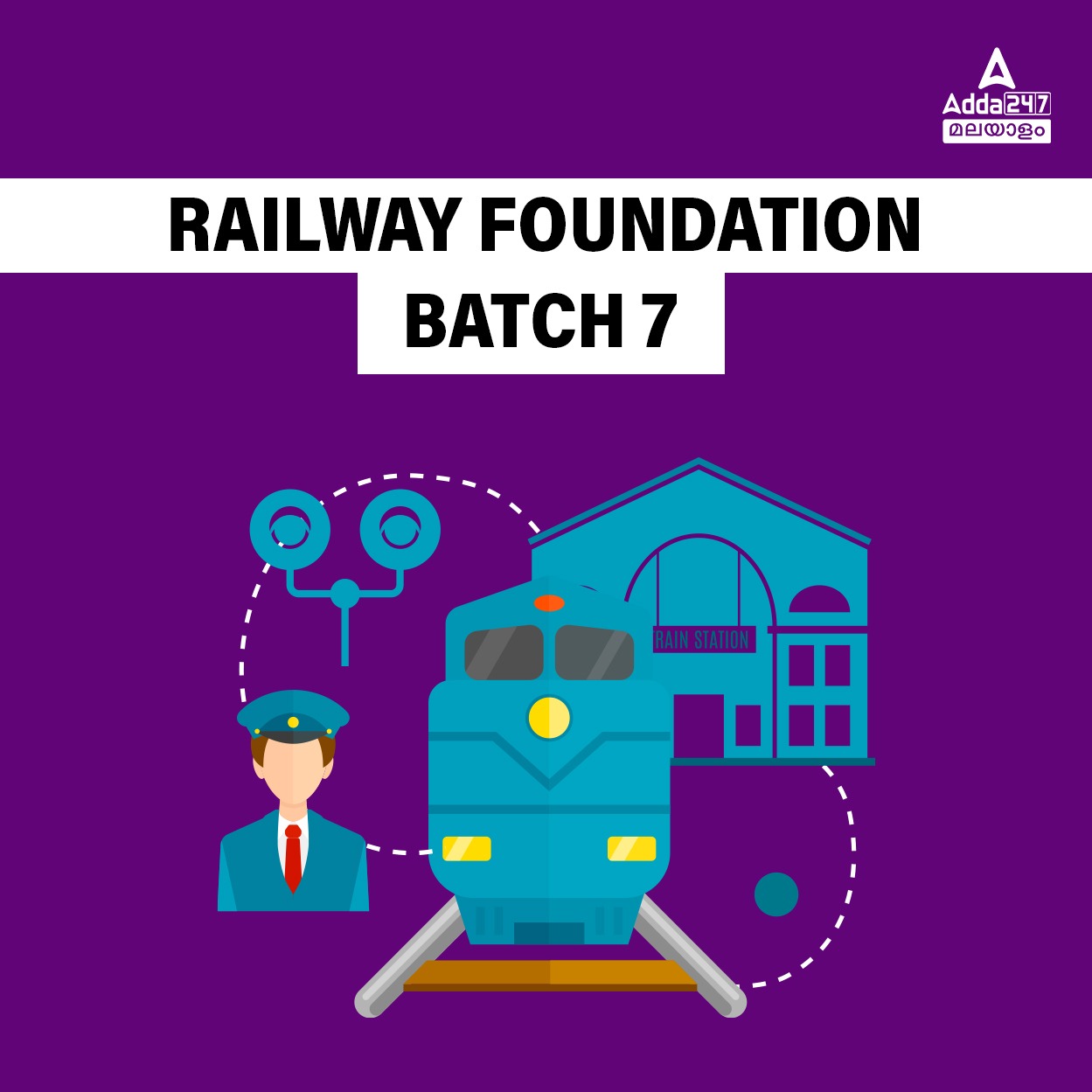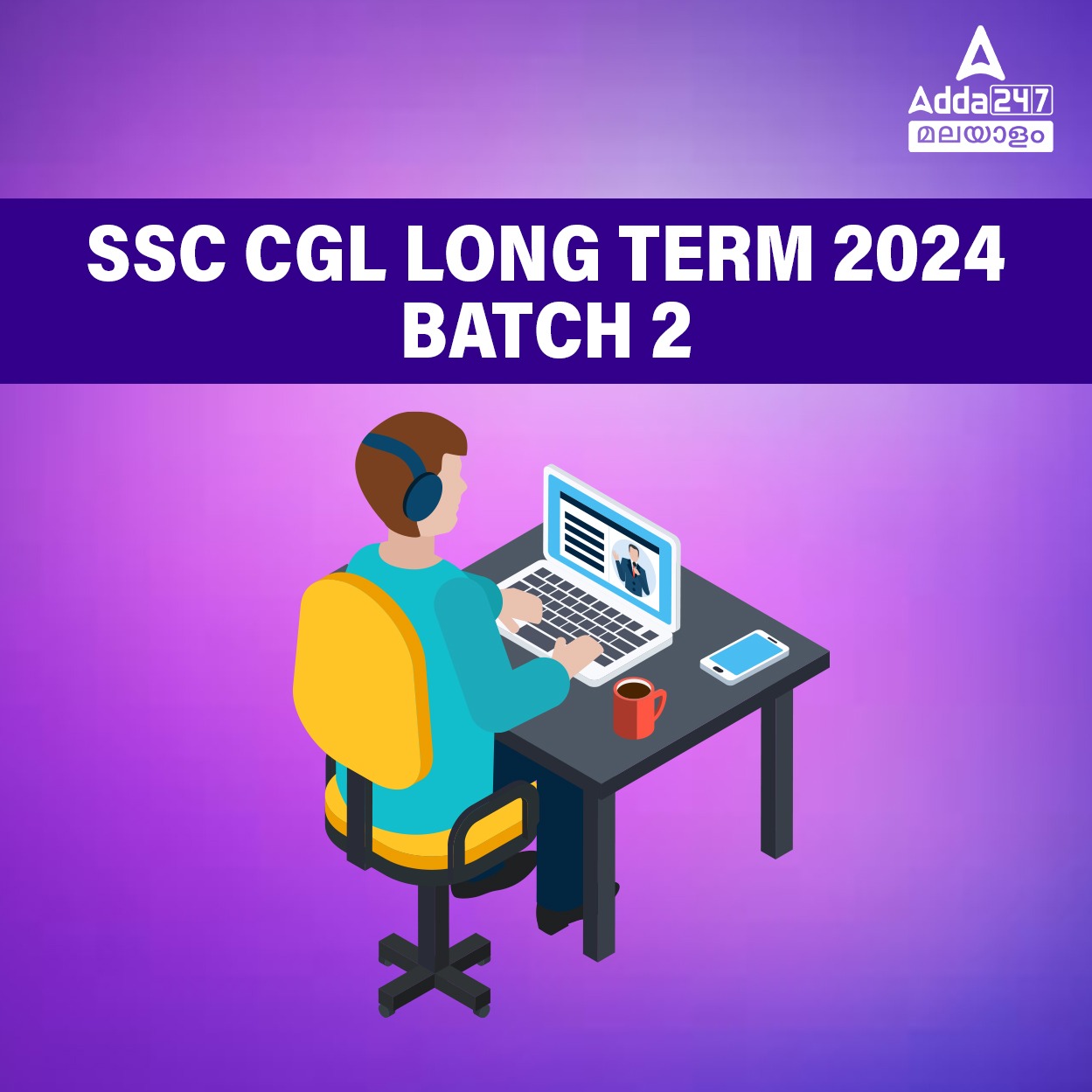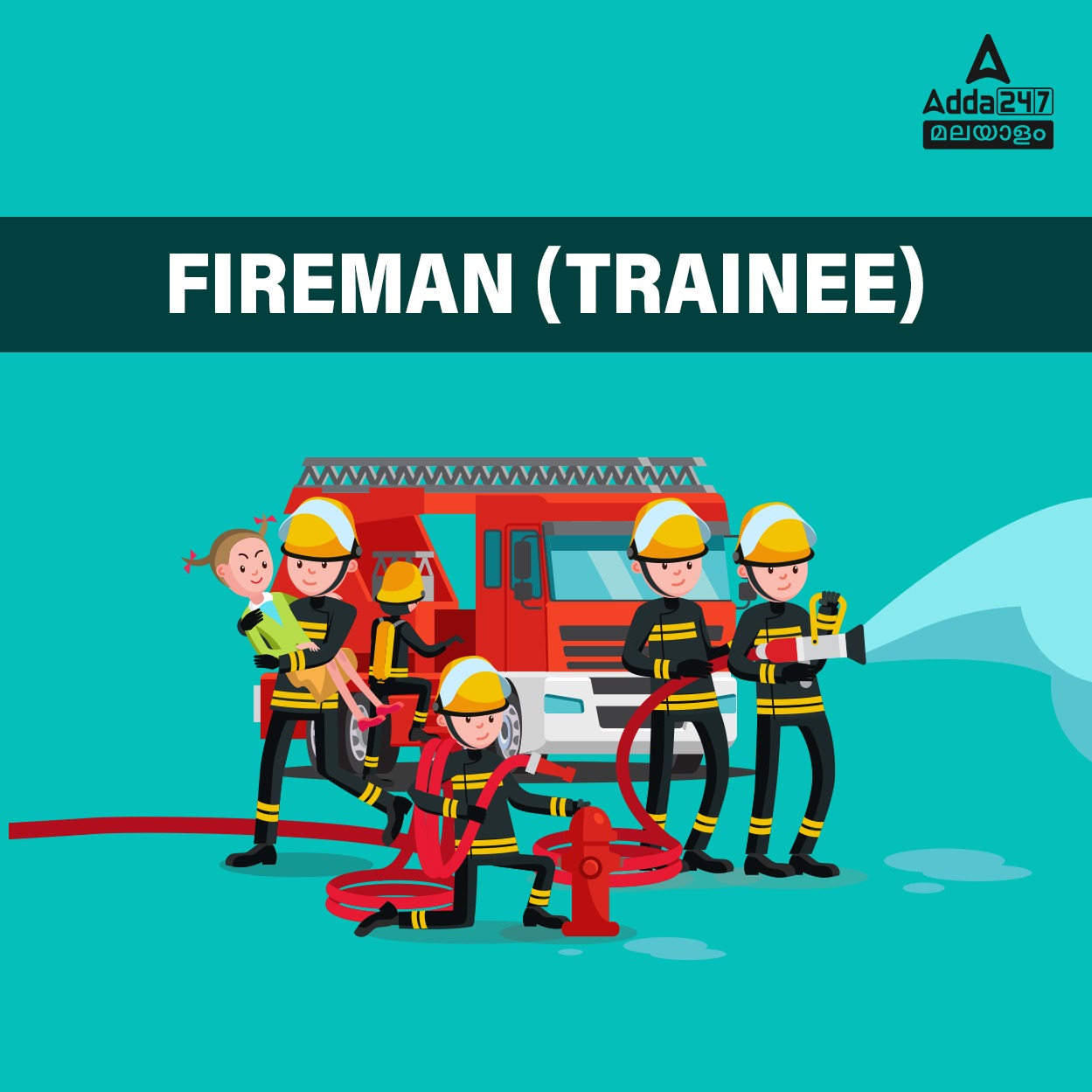Table of Contents
25 Important Previous year Q & A | Kerala Administrative Service Study Material [25 November 2021]: KAS പരീക്ഷകൾക്ക് വിജയം നേടാൻ ധാരാളം മുൻകാല ചോദ്യപേപ്പറുകൾ വിശകലനം ചെയ്യേണ്ടതുണ്ട്. KAS ലേക്ക് ഒരു ജോലി എന്ന സ്വപ്നം പൂവണിയാൻ ശ്രമിക്കുന്ന എല്ലാ ഉദ്യോഗാർത്ഥികൾക്കും ഇനി വരാൻ പോകുന്ന പരീക്ഷകളെ ധൈര്യത്തോടെ നേരിടാൻ ഞങ്ങളിതാ നിങ്ങൾക്കായി മുൻകാല വർഷങ്ങളിലെ ചോദ്യപേപ്പറുകളിൽ നിന്നും പ്രധാനപ്പെട്ട ചോദ്യങ്ങൾ തിരഞ്ഞെടുത്തു അവയുടെ ഉത്തരങ്ങളും വിശദീകരണത്തോടെ നൽകിയിരിക്കുന്നു. മുൻകാല വർഷങ്ങളിലെ 25 ചോദ്യങ്ങളും , അവയുടെ ഉത്തരങ്ങളും (25 Important Previous year Q & A) ചുവടെ കൊടുത്തിരിക്കുന്നു.
Fill the Form and Get all The Latest Job Alerts – Click here
[sso_enhancement_lead_form_manual title=”നവംബർ 2021 ആഴ്ചപ്പതിപ്പ് | സമകാലിക വിവരങ്ങൾ
November 3rd week” button=”ഡൗൺലോഡ് നൗ” pdf=”/jobs/wp-content/uploads/2021/11/22155326/Weekly-Current-Affairs-3rd-week-November-2021-in-Malayalam-1.pdf”]
Kerala Administrative Service Study Material: 25 Important Previous year Questions (25 ചോദ്യങ്ങൾ)
51. Who among the following called Indian Federalism a “co-operative federalism” ?
(A) K.C. Wheare (B) Morris Jones
(C) Granville Austin (D) Ivor Jennings
- Which one among the following statement is NOT correct about the Comptroller and Auditor General of India ?
(A) Comptroller and Auditor General of India submits his audit reports relating to the accounts of the Centre to the Chief Justice of Supreme Court.
(B) Comptroller and Auditor General of India is not eligible for further office, either under the Government of India or of any state, after he ceases to hold his office.
(C) Comptroller and Auditor General of India’s salary and other service conditions are
determined by the Parliament.
(D) Comptroller and Auditor General of India advises the President with regard to prescription of the form in which the accounts of the Centre and the States shall be kept.
- ‘Per incurium’ judgement means :
(A) judgement stands as a valid precedent
(B) partially allowed decision
(C) having no bindingness in subsequent decisions
(D) rebuttable judgement.
- Which one of the following is NOT true of the doctrine of necessity as applied in administrative hearings ?
(A) Administrative decisions not based on sound necessity is justifiable.
(B) Necessity acts as an exception to bias.
(C) The non-application of the doctrine in certain situations would impede justice.
(D) It postulates that every kind of preference made in administrative decisioins and its
process need not vitiate an administrative action.
- In order to form a new State, which Schedule in the Constitution of India needs to be amended ?
(A) Second Schedule (B) Tenth Schedule
(C) Third Schedule (D) First Schedule.
- As per the Child Labour (Prohibitioin and Regulation) Act, 1986 a ‘week’ means a period of 7 days beginning at midnight of :
(A) Sunday (B) Monday (C) Saturday (D) Thursday
- ‘Recess’ under Indian Constitutional Scheme means :
(A) interval between prorogation of Parliament and its reassembly in new session
(B) Parliament in session
(C) adjournment of Parliament
(D) dissolution of House.
- Match the provisions in the Indian Constitution (List-I) with the country from which it is adopted in List-II.
List-1 List-11
Constitutional Provisions of India Constitutions from which adopted
- Concurrent List (a) Australia
- Suspension of Fundamental (b) Germany
Rights during emergency
- Method of election of the President (c) Ireland
- Residual Powers (d) Canada
- Amendment of the Constitution (e) South Africa
Select the correct match:
(A) 1 (d), 2 (a), 3 (c), 4 (b), 5 (e) (B) 1 (b), 2 (a), 3 (d), 4 (e), 5 (c)
(C) 1(a), 2 (b), 3 (c), 4 (d), 5 (e) (D) 1(e), 2 (d), 3 (b), 4 (c), 5 (a)
- Article 300A protects :
(A) private property against executive action but not against legislative action
(B) private property against legislative action but not against executive action
(C) private property from both executive and legislative action
(D) none of the above.
060 ‘X’ cuts a mango tree in a government land and sells the wood for money. He is liable under the Kerala Land Conservancy Act with :
(A) a fine of Rs. 200 and imprisonment which may extend to 6 months.
(B) damages of three times the value of the tree and fine of Rs. 500 only.
(C) damages of three times the value of the tree and fine of Rs. 500/- or punishment of imprisonment extending to 6 months.
(D) None of the above.

- As per the Indian Constitution, the essential qualifications to become a Chief Election Commissioner are :
(A) Should have been in Indian Administrative Service.
(B) Should have completed thirty five years of age.
(C) Should have practised law for not less than five years in any High Court.
(D) None of the above.
- Which one of the following is NOT true with regard to India’s reservation to the provisions of Convention on Elimination of All forms of Discrimination Against Women (CEDAW) ?
(A) to take measures to eliminate culture-induced stereotype role of men and women.
(B) to take measures in changing personal laws especially in matters of marriage, family, guardianship etc.
(C) reference of disputes to International Court of Justice in case of failure of arbitration.
(D) to take measures to eliminate discrimination by any person, organization or enterprise.
- Which of the following is NOT one of the core values of Public Administration ?
(A) Efficiency (B) Equity (C) Bureaucracy (D) Effectiveness
- “Entropy” is a law of nature in which all forms of organizations move towards :
(A) Disorganization and death (B) Continuous improvement
(C) Growth and continuity (D) Rebirth and emergency
- Under the Indian Constitution, the residuary powers are vested in :
(A) the States
(B) the Centre
(C) the States and Union Territories
(D) equally divided between the Centre and the States.
- The process of transmitting the idea or thought into meaningful symbols is called :
(A) Decoding (B) Encoding (C) Feedback (D) Reception.
- Which of the following violates the principle of Utility of Command ?
(A) Functional organization (B) Bureaucratic organization
(C) Manufacturing organization (D) Product organization.
- The first Municipal Corporation was established in India at :
(A) Chennai (B) Delhi (C) Hyderabad (D) Mumbai.
- Which of the following is NOT a feature of good governance ?
(A) Accountability (B) Transparency (C) Nepotism (D) Rule of law
- “Leaders are born and not made” is a perception based on :
(A) Contingency Theory of Leadership (B) Trait Theory of Leadership
(C) Fiedler’s Model of Leadership (D) Situational Leadership.
- Atul and his father were born in the months of December and September respectively. In 2017 both their birthdays fell on Sundays. If in 2020 Atul’s birthday falls on a Thursday, his father’s birthday will fall on :
(A) Wednesday (B) Friday (C) Thursday (D) Monday
- A man can plough a field alone in 20 days. His wife can plough it in 25 days. When they plough the field with their son they can plough it in 5 days. How many days would the son take if he were to plough the field alone ?
![]()
- Which of the following will be a point on a line that contains (-1, -1) and (2,5) ?
(A) (30, 41) (B) (80, 91) (C) (100, 201) (D) (110, 121)
- Radhika sold her treadmill on OLX to a customer at a loss of 6% to the original cost. If she had sold it for Rs. 1250/- more, she would have gained 4%. What is the original cost of the treadmill ?
(A) 12500 (B) 11750 (C) 13000 (D) 10000
- In a college 200 students took admission in different subjects. 56 students took Biology, 62 took Maths, 84 took Psychology. 18 students took Biology and Maths, 20 took Biology and Psychology and 12 took Maths and Psychology. If 8 students took all three subjects how many students took none of these subjects ?
(A) 10 (B) 20 (C) 30 (D) 40

Kerala Administrative Service Study Material: 25 Important Previous year Solutions (25 പരിഹാരങ്ങൾ)
- Ans. (C) Granville Austin
Soln. Granville Austin called Indian Federalism as the Co-operative Federalism. Granville Seward Austin was an American historian of the Indian Constitution. Federalism is the division of legal hold across the whole country including national, state and local governments. Austin was the American historian of our constitution and the author of 2 political histories of India. He is also refereed to as the scholar of Indian constitution. He worked as a journalist/photographer and later served with the U. S. Information Service, Department of State, Department of Health, Education and Welfare, and on the staff of a U. S. senator. He has held fellowships or grants from St. Antony’s College, Oxford, the Ford Foundation, the Fulbright Program, the American Institute of Indian Studies, the Rockefeller Foundation, the Woodrow Wilson International Center for Scholars, the Rajiv Gandhi Foundation, and the Institute of Current World Affairs. Austin was the author of two seminal political histories of the constitution of India, The Indian Constitution: Cornerstone of a Nation and Working a Democratic Constitution: The Indian Experience.
- Ans. (A) Comptroller and Auditor General of India submits his audit reports relating to the accounts of the Centre to the Chief Justice of Supreme Court.
Soln. The Comptroller and Auditor General of India is the Constitutional Authority in India, established under Article 148 of the Constitution of India. He is empowered to Audit all receipts and expenditure of the Government of India and the State Governments, including those of autonomous bodies and corporations substantially financed by the Government. The CAG is also the statutory auditor of Government-owned corporations and conducts supplementary audit of government companies in which the Government has an equity share of at least 51 per cent or subsidiary companies of existing government companies. The reports of the CAG are laid before the Parliament/Legislatures and are being taken up for discussion by the Public Accounts Committees (PACs) and Committees on Public Undertakings (COPUs), which are special committees in the Parliament of India and the state legislatures. The CAG is also the head of the Indian Audit and Accounts Department, the affairs of which are managed by officers of Indian Audit and Accounts Service, and has 43,576 employees across the country (as on 01.03.2020). The CAG is ranked 9th and enjoys the same status as a sitting judge of Supreme Court of India in order of precedence.
- Ans. (C) having no bindingness in subsequent decisions
Soln. Per incuriam, literally translated as “through lack of care” is a device within the common law system of judicial precedent. A finding of per incuriam means that a previous court judgment has failed to pay attention to relevant statutory provision or precedents. The significance of a judgment having been decided per incuriam is that it need not be followed by a lower court. Ordinarily, the rationes of a judgment is binding upon lower courts in similar cases. However, a lower court is free to depart from a decision of a superior court where that earlier judgment was decided per incuriam. In law, a per curiam decision (or opinion) is a ruling issued by an appellate court of multiple judges in which the decision rendered is made by the court (or at least, a majority of the court) acting collectively (and typically, though not necessarily, unanimously). In contrast to regular opinions, a per curiam does not list the individual judge responsible for authoring the decision, but minority concurring and dissenting decisions are signed.
- Ans. (A) Administrative decisions not based on sound necessity is justifiable.
Soln. The doctrine of necessity is a term used to describe the basis on which extraconstitutional actions by administrative authority, which are designed to restore order or attain power on the pretext of stability, are found to be constitutional even if such an action would normally be deemed to be in contravention to established norms or conventions. It also includes the ability of a private person to violate a law without punishment where the violation of law was necessary to prevent even worse harm. The maxim on which the doctrine is based originated in the writings of the medieval jurist Henry de Bracton, and similar justifications for this kind of extra-legal action have been advanced by more recent legal authorities, including William Blackstone.
- Ans. (D) First Schedule
Soln. There are 12 Schedules in the Constitution of India. One of the first mentions of Schedules was made in the Government of India Act, 1935 where it included 10 Schedules. Later, when the Indian Constitution was adopted in 1949, it consisted of 8 Schedules. Today, with the amendments in the Indian Constitution, there are a total of 12 Schedules. First Schedule lists the States and Territories of India and also lists if any changes to borders of them. The First Schedule of the Constitution of India has to be amended to provide for the formation of a new State. Articles 2, 3 and 4 enable parliament by law admit a new state, increase, decrease the area of any state.
- Ans. (C) Saturday
Soln. In this Act, unless the context otherwise requires,
(i) “appropriate Government” means, in relation to an establishment under the control of the Central Government or a railway administration or a major port or a mine or oilfield, the Central Government, and in all other cases, the State Government ;
(ii) “child” means a person who has not completed his fourteenth year of age ;
(iii) “day” means a period of twenty-four hours beginning at midnight ;
(iv) “establishment” includes a shop, commercial establishment, workshop, farm, residential hotel, restaurant, eating house, theatre or other place of public amusement or entertainment;
(v) “family”, in relation to an occupier, means the individual, the wife or husband, as the case may be, of such individual, and their children, brother or sister of such individual ;
(vi) “occupier”, in relation to an establishment or a workshop, means the person who has the ultimate control over the affairs of the establishment or workshop ;
(vii) “port authority” means any authority administering a port ;
(viii) “prescribed” means prescribed by rules made under Section 18 ;
(ix) “week” means a period of seven days beginning at midnight on Saturday night or such other night as may be approved in writing for a particular area by the Inspector ;
(x) “workshop” means any premises (including the precincts thereof) wherein any industrial process is carried on, but does not include any premises to which the provisions of Section 67 of the Factories Act, 1948 (63 of 1948), for the time being, apply.
- Ans. (A) interval between prorogation of Parliament and its reassembly in new session
Soln. A session of the Indian Parliament is the time period during which a House meets almost every day continuously to transact business. There are usually three sessions in a year. They are the Budget Session (February to May); the Monsoon Session (July to September); and the Winter Session (November to December). A session contains many meetings. Each meeting has two sittings – morning sitting from 11 am to 1 pm and post-lunch sitting from 2 pm to 6 pm. A sitting of Parliament can be terminated by adjournment, adjournment sine die, prorogation or dissolution. Technically, a session of the Indian Parliament is the period between the first sitting of a House and its prorogation or dissolution. The period between the prorogation of a House and its reassembly in a new session is called ‘recess’.
- Ans. (C) 1(a), 2 (b), 3 (c), 4 (d), 5 (e)
Soln. List-1 List-11
Constitutional Provisions of India Constitutions from which adopted
- Concurrent List (a) Australia
- Suspension of Fundamental (b) Germany
Rights during emergency
- Method of election of the President (c) Ireland
- Residual Powers (d) Canada
- Amendment of the Constitution (e) South Africa
- Ans. (A) private property against executive action but not against legislative action
Soln. The object behind the (Forty-fourth Amendment) Act, 1978, was to reduce the right to property from the status of fundamental right to that of a legal right. This right to property secured under Article 300-A, will be available against the executive interference and not against the legislative action. It has been held to be a human right and a constitutional right. Referring to Article 17 of the Declaration of Human Rights, 1789, the Apex Court in Chairman, I.V. Pradhikaran v. Puri Industrial Cock and Chemical Limited, observed that the right of property, being inviolable and sacred, no one might be deprived thereof, unless the public necessity, legally ascertained. obviously required it and just and prior indemnity had been paid. Property, the Court ruled, while ceasing to be a fundamental right, would, however, be given express recognition as a legal right. The procedure laid down for deprivation thereof must be scrupulously complied with.
- Ans. (C) damages of three times the value of the tree and fine of Rs. 500/- or punishment of imprisonment extending to 6 months.
Soln. Any person unauthorisedly occupying any land which is the property of Government , whether a poramboke or not, and liable to a fine under section 7 shall, in addition to the assessment or prohibitory assessment to which he m,ay be liable under section 8 be liable to the value as adjudged by the Collector of any useful tree destroyed or appropriated by him.

- Ans. (D) None of the above.
Soln. The Chief Election Commissioner of India heads the Election Commission of India, a body constitutionally empowered to conduct free and fair elections to the national and state legislatures and of President and Vice-President. This power of the Election Commission of India is derived from the Article 324 of the Constitution of India. Chief Election Commissioner of India is usually a member of the Indian Civil Service and mostly from the Indian Administrative Service. It is very difficult to remove the authority of the Chief Election Commissioner once appointed by the president, as two-thirds of the Lok Sabha and the Rajya Sabha need to present and vote against him for disorderly conduct or improper actions.
- Ans. (C) reference of disputes to International Court of Justice in case of failure of arbitration.
Soln. Convention on the Elimination of all forms of Discrimination against Women (CEDAW), is the most comprehensive treaty of Women’s Human Rights. It is the principle international document to address the rights of women to be free from discrimination. The Preamble to this Convention recognises that discrimination against women violets the principle of equality of rights and respect for human dignity. Such discrimination affects equal participation of women in the political, social and economic lives in their respective countries. The CEDAW convention not only prohibits overtly discriminatory actions by States but also requires them to take affirmative steps to eradicate discriminatory treatment of women by both state and private sectors in all social, cultural and political areas of life. India ratified the CEDAW convention on 9th July 1993, with two declaratory statements and a reservation. With regards to Article5(a) and 16(1) of the convention, the Government of the Republic of India declares that it shall abide by and ensure these provisions in conformity with its policy of non-interference in the personal affairs of any community without its initiative and consent.
- Ans. (C) Bureaucracy
Soln. Option A) Efficiency: Public administration is traditionally grounded in the achievement of efficiency in the work of public departments in pursuance of goals related to the provision of public goods and services. Hence, this option is incorrect.
Option B) Equity: Equity is not of the core values of public administration as it is derived from a concept of social justice. Hence, this option is incorrect.
Option C) Bureaucracy: Bureaucracy is an arrangement of government where the greater part of the choices is made by the state authorities instead of by chosen agents. On Other hand, the public organization is the execution of government strategy. Policy implementation is an activity intended to accomplish productivity in delivering an ideal outcome. Hence, this option is correct.
Option D) Effectiveness: Effectiveness is one of the imperatives of public administration is the achievement of efficiency at all levels. But it is not a core value. Hence, this option is incorrect.
- Ans. (A) Disorganization and death
Soln. Entropy is well defined for equilibrium systems, so objections to the extension of the second law and of entropy to biological systems, especially as it pertains to its use to support or discredit the theory of evolution, have been stated. Living systems and indeed many other systems and processes in the universe operate far from equilibrium. However, entropy is well defined much more broadly based on the probabilities of a system’s states, whether or not the system is a dynamic one (for which equilibrium could be relevant). Even in those physical systems where equilibrium could be relevant, (1) living systems cannot persist in isolation, and (2) the second principle of thermodynamics does not require that free energy be transformed into entropy along the shortest path: living organisms absorb energy from sunlight or from energy-rich chemical compounds and finally return part of such energy to the environment as entropy (generally in the form of heat and low free-energy compounds such as water and carbon dioxide).
- Ans. (B) the Centre
Soln. Article 248 vests the residuary powers in the parliament. It says that parliament has exclusive power to make any law with respect to any matter not enumerated in the Concurrent List or the State List. Entry 97 in the Union List also lay down that Parliament has exclusive power to make laws with respect to any matter not mentioned in the State List or the Concurrent List including any tax not mentioned in either of these Lists. Thus the Indian Constitution makes a departure from the practice prevalent in U.S.A., Switzerland and Australia where residuary powers are vested in the states. This reflects the leanings of the Constitution-makes towards a strong Centre.
- Ans. (B) Encoding
Soln. The first step the sender is faced with involves the encoding process. In order to convey meaning, the sender must begin encoding, which means translating information into a message in the form of symbols that represent ideas or concepts. This process translates the ideas or concepts into the coded message that will be communicated. The symbols can take on numerous forms such as, languages, words, or gestures. These symbols are used to encode ideas into messages that others can understand. When encoding a message, the sender has to begin by deciding what he/she wants to transmit. This decision by the sender is based on what he/she believes about the receivers knowledge and assumptions, along with what additional information he/she wants the receiver to have. It is important for the sender to use symbols that are familiar to the intended receiver. A good way for the sender to improve encoding their message, is to mentally visualize the communication from the receiver’s point of view.
- Ans. (X)
Soln.
- Ans. (A) Chennai
Soln. In 1687, the first municipal corporation in India was set up at Madras. The Chennai Municipal Corporation (officially the Corporation of Chennai), formerly known as the Corporation of Madras, is the civic body that governs the city of Chennai (formerly Madras), India. Inaugurated on September 29, 1688, under a Royal Charter issued by King James Il on December 30, 1687, as the Corporation of Madras, it is the oldest municipal body of the Commonwealth of Nations outside Great Britain. It is headed by a mayor, who presides over 200 councillors, each of whom represents one of the 200 wards of the city. It is also the second oldest corporation in the world.
- Ans. (C) Nepotism
Soln. Good governance has nine major characteristics:
Participation, Consensus oriented, Accountability, Transparency, Responsive, Effective and efficient, Equitable and inclusive, Follows the rule of law, Strategic vision
Good corporate governance sets the tone and environment for all individuals to have a voice, whether they’re a majority or a minority. Good governance holds that many perspectives combine to result in the best possible decision-making. Good governance is important for the way it impacts today’s decision-making, as well as how it impacts the decision-making of the future.
- Ans. (B) Trait Theory of Leadership
Soln. The trait theory is built on the premise that leaders are born and not made, making leadership quality an intrinsic intelligence rather than something that can be taught or learned. The theory consequently helps to predict an effective leader based on his/her traits (Di Giulio, n.d.). Underscoring the approach of trait theory to determine a successful leader, scholars outlined leadership characteristics after observing different perspectives. The Trait Theory is similar to the Great Man Theory, which also advocates that leaders are born with the right abilities and traits, which cannot be learned, such as; intellect, social skills, confidant, etc.
- Ans. (C) Thursday
Soln.
![Previous Year Q & A | KAS Study Material [25 November 2021]_7.1](https://st.adda247.com/https://www.adda247.com/ml/wp-content/uploads/2021/11/17.jpg)
- Ans. (C) (100, 201)
Soln.
- Ans. (A) 12500
![Previous Year Q & A | KAS Study Material [25 November 2021]_8.1](https://st.adda247.com/https://www.adda247.com/ml/wp-content/uploads/2021/11/18.jpg)
- Ans. (D) 40
Soln.
ഇതര പരീക്ഷകളിലെ വാർത്തകൾ, തന്ത്രങ്ങൾ എന്നിവയ്ക്കായി ADDA247 മലയാളം പ്രോസസ്സർ ഡൺലോഡുചെയ്യുക
Download the app now, Click here
ഇത് നിങ്ങൾക്കുള്ള സമയമാണ്. പരീക്ഷയ്ക്ക് സ്വയം തയ്യാറാകാനുള്ള ഏറ്റവും അനുയോജ്യമായ സമയമാണിത്. നിങ്ങൾ വീട്ടിൽ നിന്ന് ഞങ്ങളോടൊപ്പം പരീക്ഷയ്ക്ക് തയ്യാറാകുക. മികച്ച കോഴ്സുകൾ, മികച്ച ഹെഡ് ട്രെയിനർമാർ, ലളിതമായ നിർദ്ദേശങ്ങൾ, ഗുണനിലവാരമുള്ള ക്വിസ് ചോദ്യങ്ങൾ ഞങ്ങൾ നിങ്ങൾക്ക് നൽകുന്നു. ഈ അത്ഭുതകരമായ സമയം പഠിക്കാൻ നിങ്ങൾക്ക് ബുദ്ധിമുട്ടുള്ള കോഴ്സിന്റെ ഭാഗങ്ങൾ ശക്തിപ്പെടുത്തുക. Mock Tests, Test series , E-Books , Daily Current Affairs, Weekly Current Affairs, Monthly Current Affairs എന്നിവയുടെ സൗജന്യ PDF കൾ അങ്ങനെ നിരവധി പഠന സാമഗ്രികൾ ഇംഗ്ലീഷിലും മലയാളത്തിലും (English & Malayalam) ADDA 247 നിങ്ങൾക്ക് നൽകുന്നു. സൗജന്യവും, പണമടച്ചുള്ളതുമായ ക്ലാസുകൾ ഞങ്ങൾ നിങ്ങൾക്ക് ലാഭകരമായ രീതിയിൽ വാഗ്ദാനം ചെയ്യുന്നു.
***വരാനിരിക്കുന്ന പരീക്ഷകളിൽ വിജയിക്കാൻ ഞങ്ങളോടൊപ്പം ചേരുക***
Use Coupon code- KPSC (എക്കാലത്തെയും വിലക്കുറവ്)
*മലയാളത്തിലെ തത്സമയ ക്ലാസുകൾ ഇപ്പോൾ നിങ്ങളുടെ വീട്ടിൽ ലഭ്യമാണ്*

*തിരഞ്ഞെടുക്കൽ മാത്രമേ പരിശീലനത്തിന് നിങ്ങളെ സഹായിക്കൂ | അഡാ 247-ൽ മലയാളത്തിൽ പരിശീലനം ആരംഭിക്കുക*
Telegram group:- KPSC Sure Shot Selection


